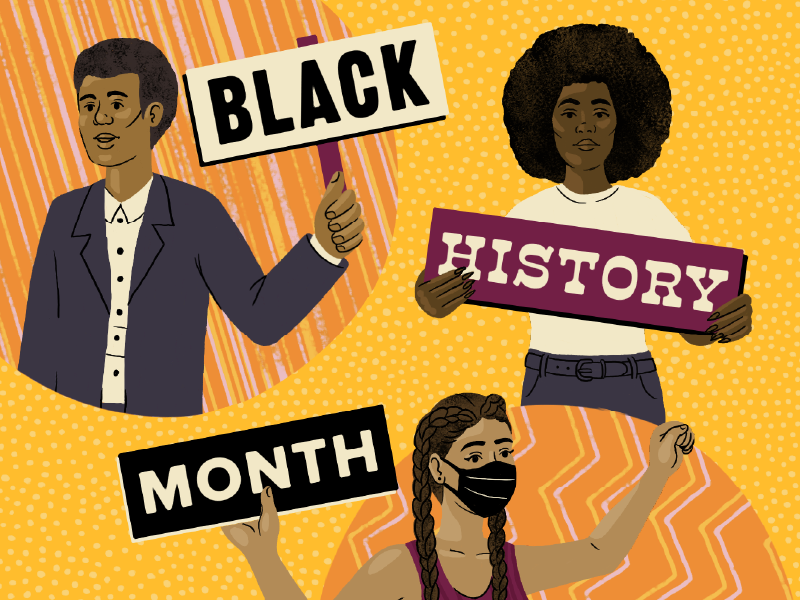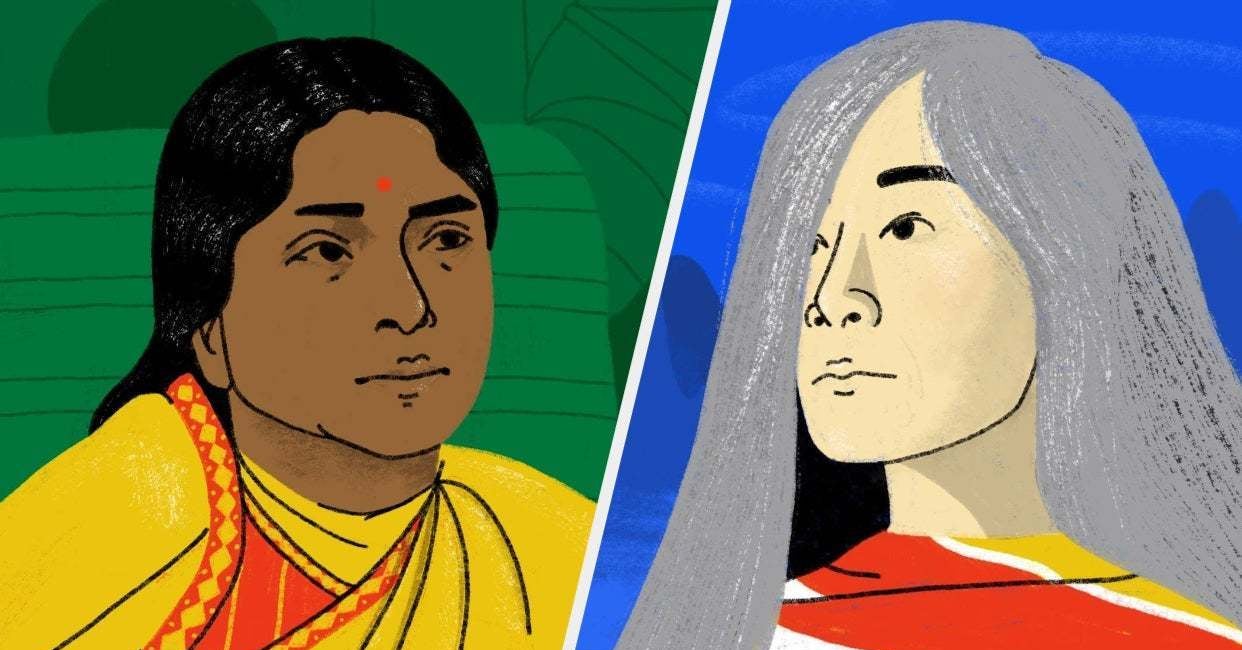
[ad_1]
In the last decade, solidarity has become a dirty word, often connoting misunderstood fears, cultural pandering, and detraction from specific issues. Once a powerful, subversive symbol uniting downtrodden groups in radical protests, solidarity used to drive movements like the Yellow Peril protests for the Black Panthers or Berkeley’s civil rights movement, during which VP Kamala Harris’s Indian mother and Jamaican father found kinship.
Now, the phrase “solidarity” is perhaps best illustrated by the confusion over the widely misappropriated “Blackout” “protest” (note the quotation marks on “protest”), wherein people scared of stating their opinion on BLM could simultaneously pander and safely say nothing by posting a black square in a “brave” act of defiance to our internet overlords.
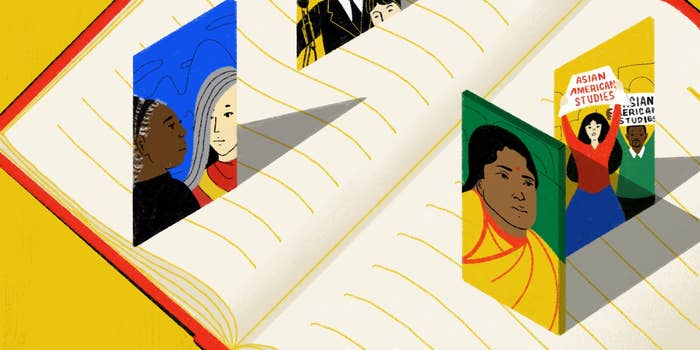
Kathy Hoang / BuzzFeed
Solidarity shouldn’t be about taking away from Black issues. It’s about putting more numbers, power, and votes behind issues that disproportionately harm Black people but ultimately impact all people of color. Without Black protesters, non-Black POC would not have today’s (more) “equal” employment rights. Without Black protesters, POC wouldn’t have been able to marry interracially. Without Black protesters, POC wouldn’t have Latinx or Asian American studies in universities.
Black History Month is about celebrating Black history and the positive things that spring from the Black community. History is constantly being written. Black support for Asian American causes, and vice versa, has been largely written out.
In our current maelstrom of constant cultural criticism and negativity, let’s take a moment to celebrate moments in history when solidarity meant more than a retweet:
1.
The UT 10
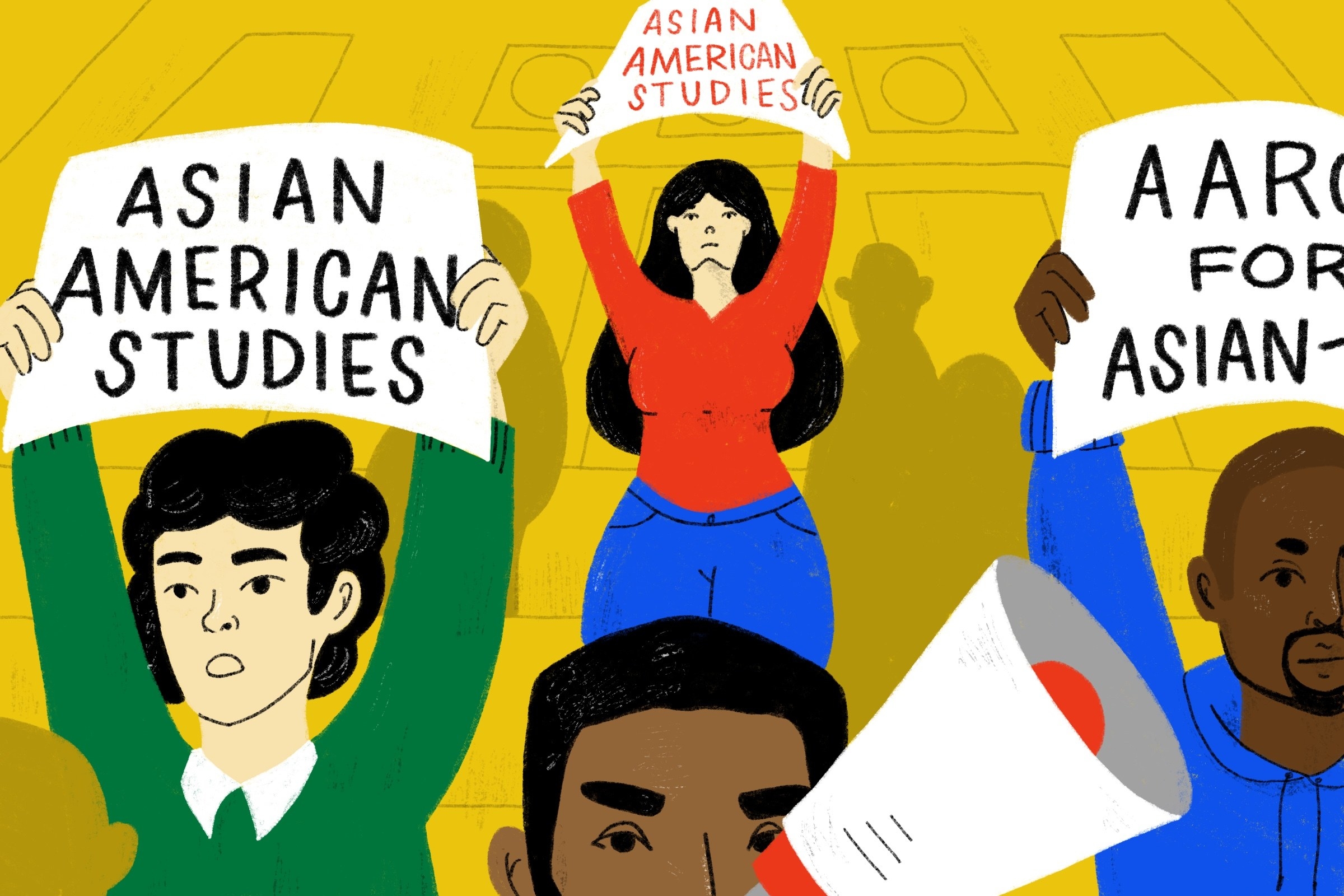
Kathy Hoang / BuzzFeed
In May 1999, 10 student protesters were arrested after a five-hour sit-in supporting the creation of an Asian American studies program at the University of Texas in Austin. Students had been going back and forth with the university since 1995 trying to institute an Asian American studies program, culminating in the arrests.
Among the protesters arrested was student Shomial Ahmad, who stood in solidarity with the multicultural group — which became known on campus as the UT 10. Similar stories played out at UC Berkeley and UCLA in the ‘60s and ‘70s, as other Black academics and protesters supported the creation of sister ethnic studies programs.
2.
Grace Lee Boggs
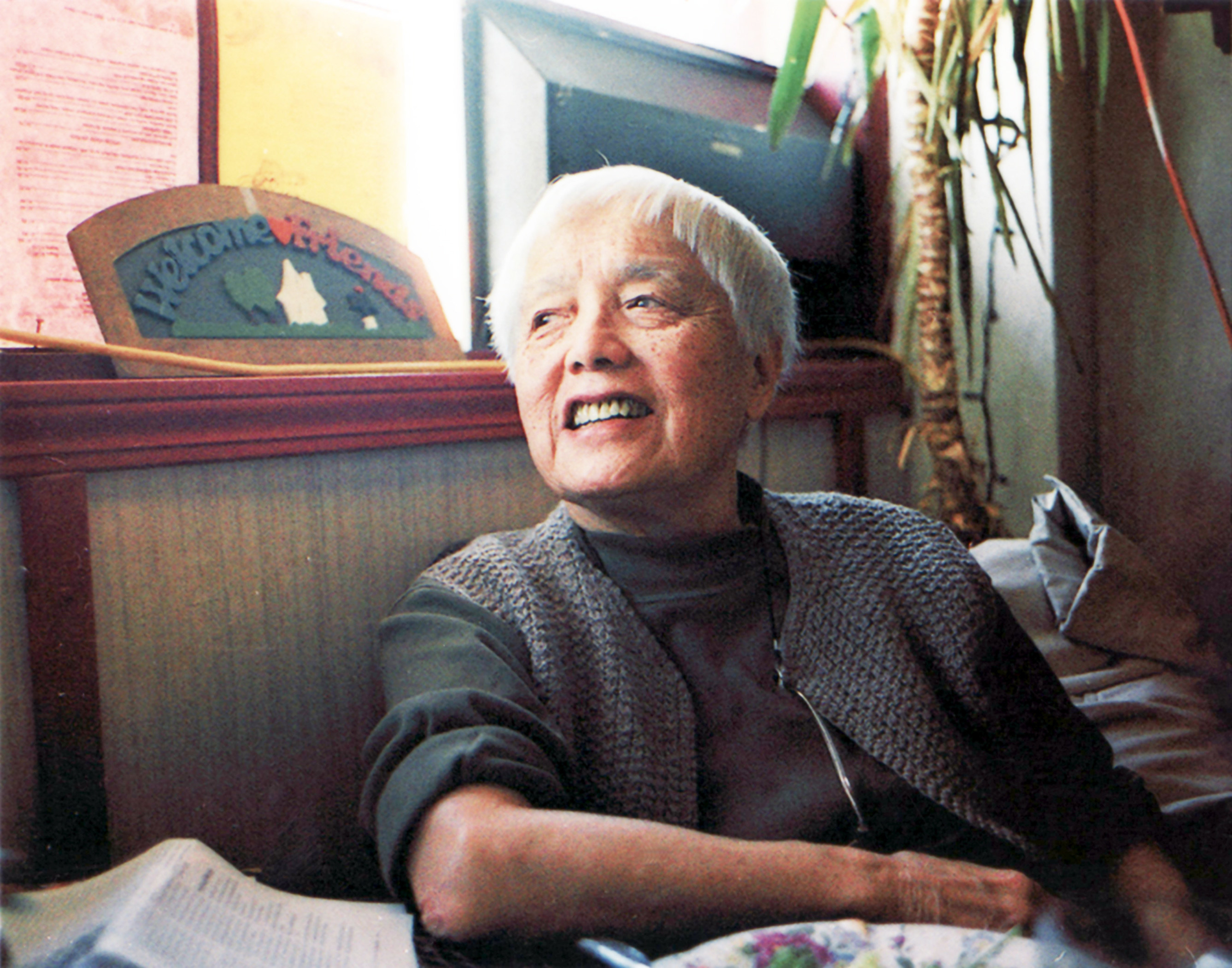
Courtesy Everett Collection
Activist and philosopher Grace Lee Boggs spent more than 70 years supporting the Black freedom movement. She was best known for her political collaboration with renowned activists C.L.R. James and Raya Dunayevskaya in the 1940s and 1950s. Boggs and her husband James Earl Boggs devoted themselves to rebuilding Detroit until her death in 2015.
Boggs embraced the central philosophy that positive social change happens by working together in small groups, where people “emancipate themselves,” rather than in large revolutions where power is simply transferred Animal Farm–style to the group that comes out on top.
3.
Kamaladevi Chattopadhyay
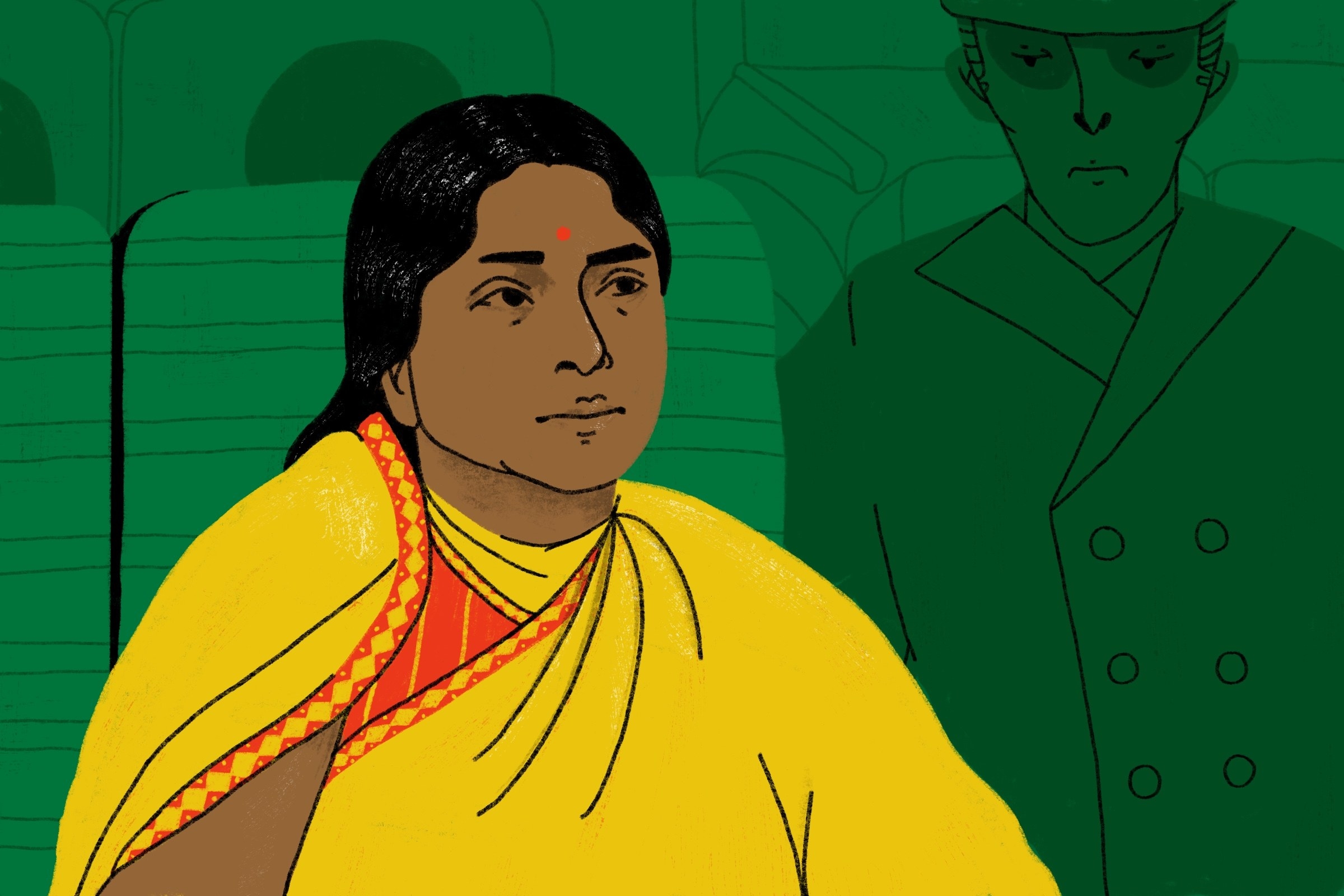
Kathy Hoang / BuzzFeed
Before Kamala Harris became the first South Asian woman elected to the US Senate and later the position of VP, there was another famous Kamala: anti-colonial activist and feminist Kamaladevi Chattopadhyay. (Fun fact: Did you know our VP’s middle name is also Devi?) Kamaladevi spread Gandhi’s message of nonviolent protest among prominent Southern Black civil rights activists like Martin Luther King Jr. and Booker T. Washington.
When Kamaladevi was asked to leave a “whites-only” train car in 1941, she refused. “I am a colored woman obviously and it is unnecessary for you to disturb me for I have no intention of moving from here,” she said when questioned about her race.
4.
Jesse Jackson Supporting Vincent Chin Protests
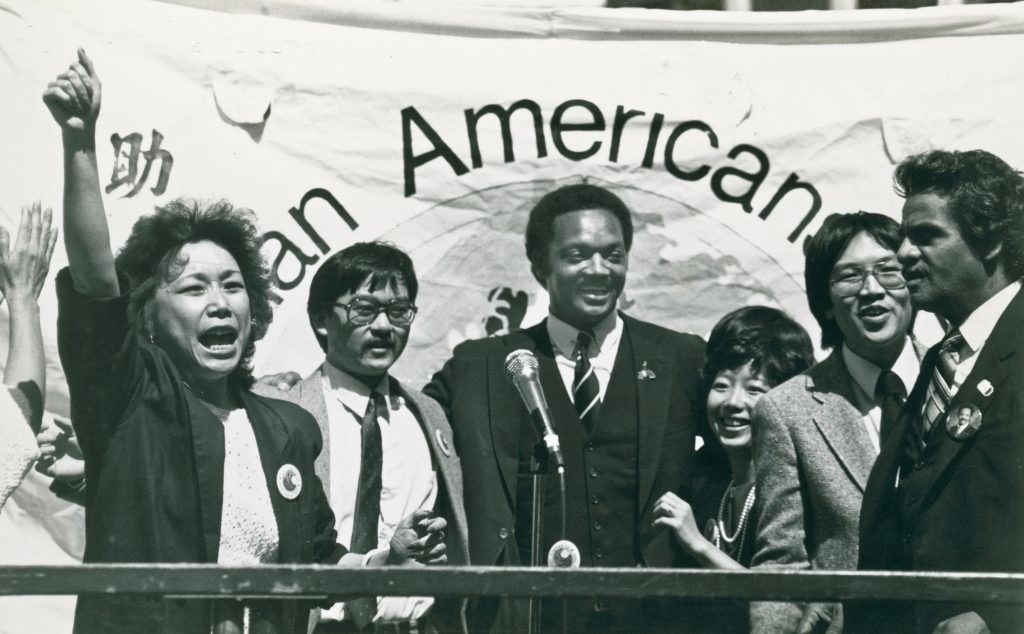
Unity Newspaper / Unity Archives Project / Via eastwindezine.com
In 1982, Vincent Chin was celebrating his bachelor party at a Detroit strip club with his friends. Everybody was drunk and in a good mood; their best buddy was getting married in eight days! Recently laid off from their jobs at the Chrysler factory, Ronald Ebens and Michael Nitz were bubbling with resentment at Japanese people allegedly coming to take their jobs. Following some rude comments questioning Asian masculinity, a bar fight ensued and escalated. Chin had his skull caved in with a baseball and died four days later. The killers walked free with a $3,000 fine and no jail time.
Black community leaders rallied behind the Asian American community, most notably Reverend Jesse Jackson (who, like the late, great Shirley Chisolm, tried to be the first Black president of the United States).
“You really gain character when you fight. If I was just fighting for Vincent Chin, that’s one thing. But this is another dimension. We must have the capacity to fight for others than ourselves. That’s where our strength really is,” said Rev Jackson in an interview with veteran Asian activists May Louie, Mike Murase, Cindy Ng, Mabel Teng, and Butch Wing.
5.
Toni Morrison’s Friendship With Maxine Hong Kingston
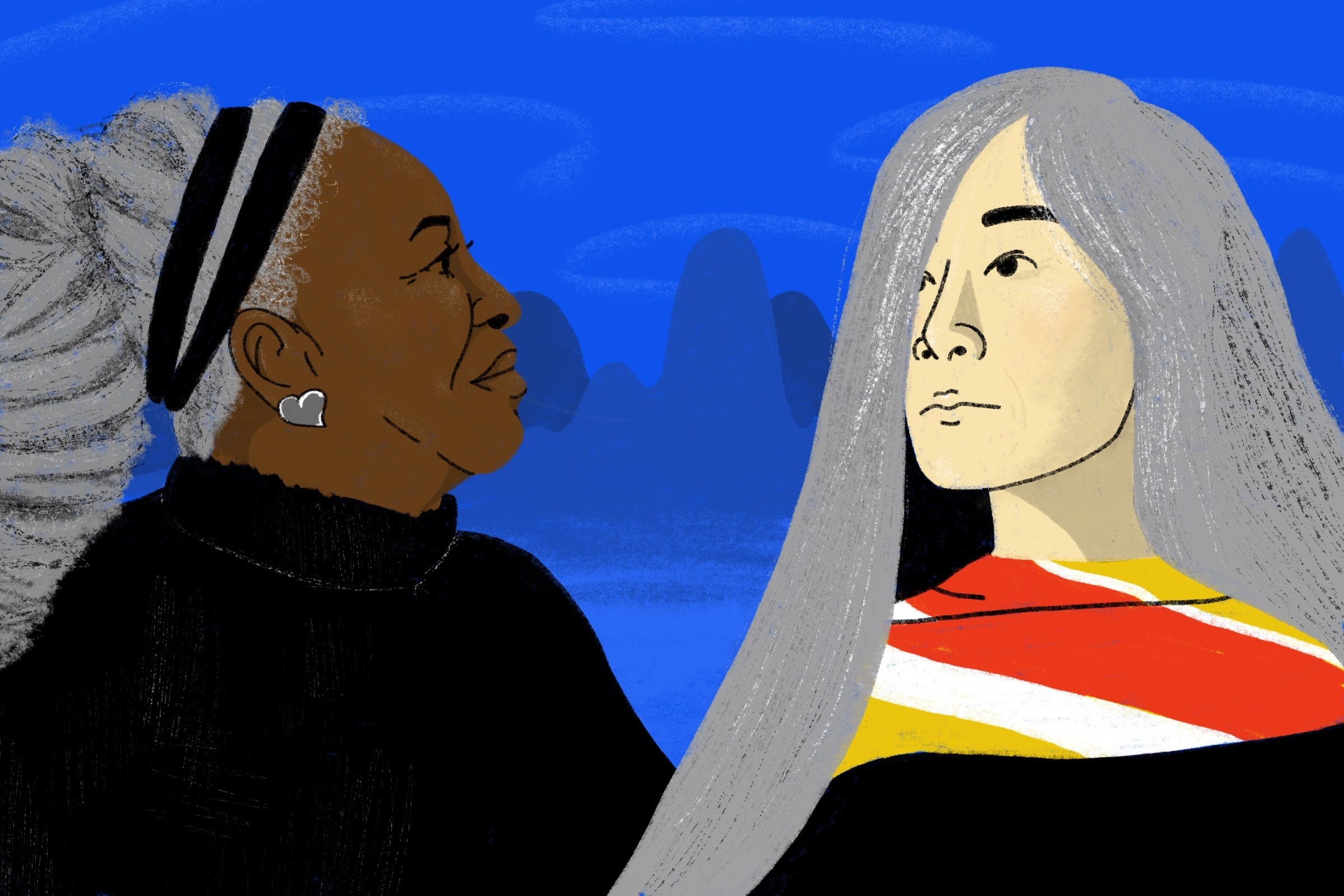
Kathy Hoang / BuzzFeed
In 1985, three seminal American authors boarded a plane to China. Sponsored by the Chinese Writers Association and the University of California, Los Angeles, Toni Morrison, Maxine Hong Kingston, and Leslie Marmon Silko, among other celebrated writers, went up the Li River in a boat.
Morrison and Kingston recreated ghost worlds in their writing, blurring the lines of time and reality to seize power and identity. During a reunion at the 92nd Street YMCA in 2012, Morrison and Kingston discussed shared struggles as POC women and the inspiration they found in China.
6.
Donald Harris and Shyamala Gopalan
View this photo on Instagram
Vice President Kamala Harris’s parents met in 1962 as idealistic foreign graduate students, both coming from (then) British colonies. Shyamala went up to Donald after he gave a speech at an off-campus study group, the Afro American Association. Members of the study group would go on to form the Black Panther Party, introduce the holiday of Kwanzaa, and establish Black studies as a discipline.
Donald, as one of the only foreign students of color in the room, was giving a speech on how he observed a small “native Black elite” was cultivated in Jamaica as a tactic to mask severe social inequality. While Kamala has distanced herself from her parents’ radical roots, the community she grew up in was a melting pot of left-wing politics, as early Black nationalist thinkers merged with union proponents and W.E.B. Du Bois’ concept of “colored cosmopolitanism” boomed.
[ad_2]
Source link
